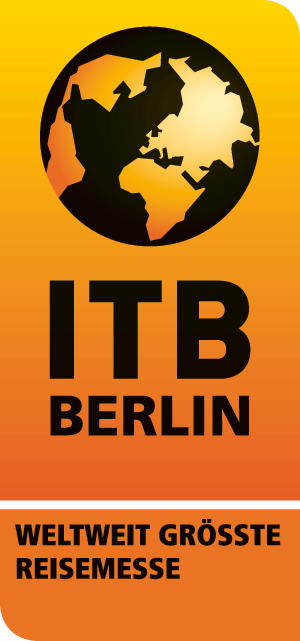In order to successfully compete with the technology giants tour operators must rethink their strategies.
This is where the digital transition offers a decisive advantage. Over a period of more than ten years the ITB has established itself as an important trendsetter with innovative topics, and to mark the fiftieth anniversary of ITB Berlin it has put together a forward-looking programme of events. From 9 to 12 March 2016, under the heading of ’Travel 4.0 – the digitisation of the travel industry’, the convention will examine a number of topics, including the digital infrastructure, relevant content and the use of humanoid robots in the tourism industry. The challenges posed by the current refugee crisis, and in that context the general shortage of specialists, will also be the subject of debate.
On Wednesday, 9 March, at the ITB ministers‘ round table at the ITB Future Day, a discussion will take place on the challenges posed by digitisation in the context of competing tourism destinations. With tourists the world over now able to obtain information through new channels the industry is undergoing far-reaching structural changes. Expanding digital infrastructures, legal frameworks for new business models and forward-looking professional training for employees are just some examples. Ministers from countries which are forging ahead with the digital transition will be highlighting opportunities and ways in which the tourism industry must adapt.
A debate that is part of the ITB CEO Interview series will take a closer look at the marketing and communication revolution triggered by the revolution in digital technology. Taking part will be Christoph Bornschein, managing director of Agentur Torben, Lucie und die gelbe Gefahr, and Prof. Dr. Roland Conrady, the science head of the ITB Berlin Convention and Hochschule Worms. Examples of best practices will serve to show how companies must change in order to stay competitive in the digital age.


























